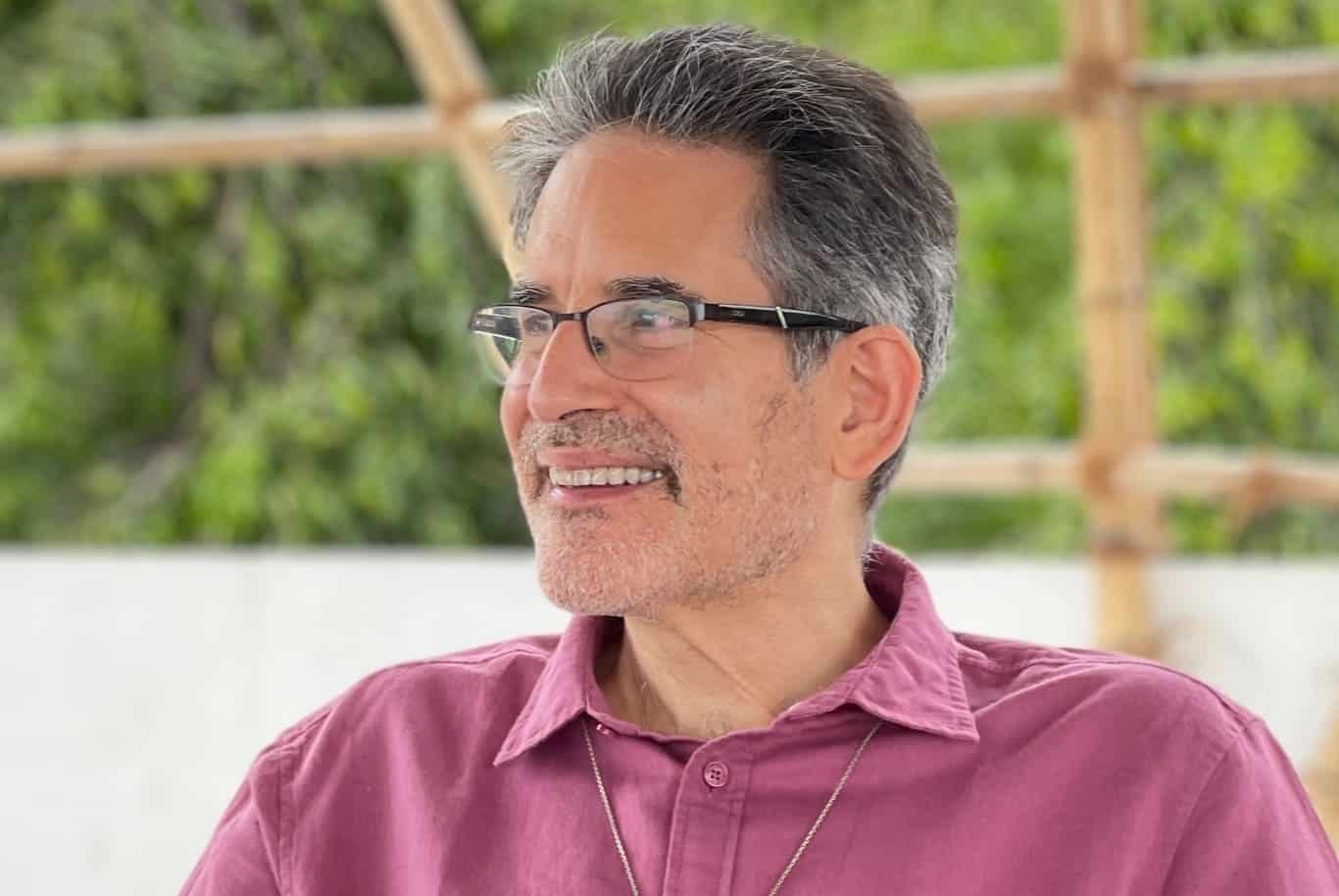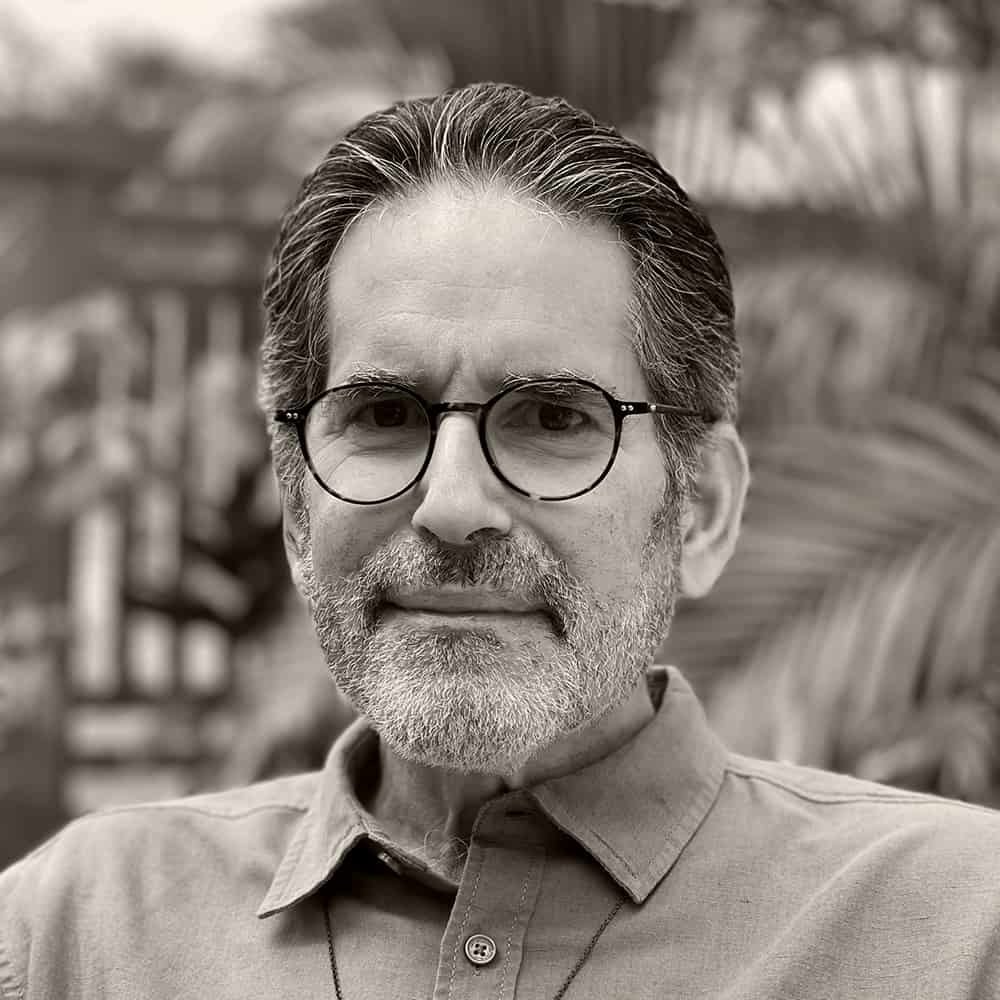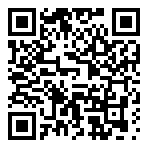In the evolving landscape of modern spirituality, Andrew Cohen observes a pivotal shift: the pursuit of a higher, more radical form of sovereignty emerging as the paramount objective among leading-edge spiritual communities. This new compass point, perceived as the zenith of spiritual quests, represents a significant deviation from traditional paths of ego surrender and transcendence.
As Cohen reflects, this paradigmatic shift suggests a growing belief within sophisticated spiritual circles that the relinquishing of the ego is now seen as either irrelevant, counterproductive, or even perilous. The concept of surrender, once foundational in spiritual discourse, has come to be associated with a loss of personal power, a negation of individual identity, and a form of spiritual bypassing—an avoidance of psychological depth and a disconnection from the core of our humanity.
Within this contemporary spiritual vernacular, 'surrender' has become synonymous with 'self-denial', sparking questions about the true nature of ego surrender and transcendence. Is it inevitably a path to diminished autonomy and an avoidance of deeper truths, as some assert? Or might it, in a proper context, birth an elevated state of liberated sovereignty, a realm far beyond the grasp of the limited 'small self'?
Cohen urges us to consider the true aim of cultivating sovereignty: to liberate ourselves from the shackles of conditioned thought and the unconscious alignment with external influences. This rare achievement, though significant, prompts a deeper inquiry for those seeking radical freedom: who is the seeker of this sovereignty, and what drives this quest?
He points out the ego's innate tendency to foster separation, a counterintuitive quest for isolation that can be mistakenly equated with genuine sovereignty. Navigating this complex terrain requires discernment to distinguish between true sovereignty and the ego's deceptive allure.
In the upcoming episode of his bi-weekly series, Cohen invites contemplation on a profound paradox: the possibility of realizing authentic sovereignty while transcending the limiting confines of the personal and cultural 'small self'. He poses critical questions: How can one surrender the ego without compromising autonomy? Is it feasible to cultivate a form of sovereignty free from the irrational demands of the separate self-sense? These inquiries stand at the heart of Cohen's exploration, beckoning a deeper understanding of true spiritual liberation.

 Andrew CohenResident Teacher
Andrew CohenResident Teacher